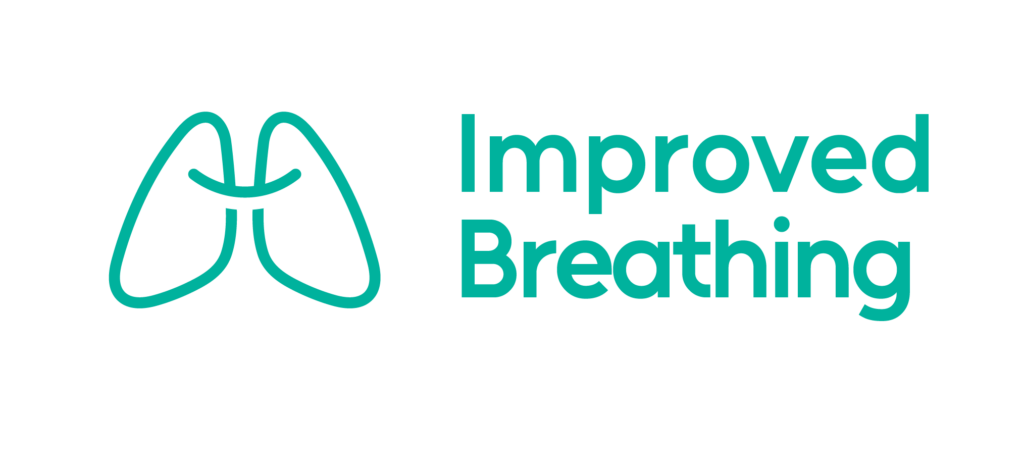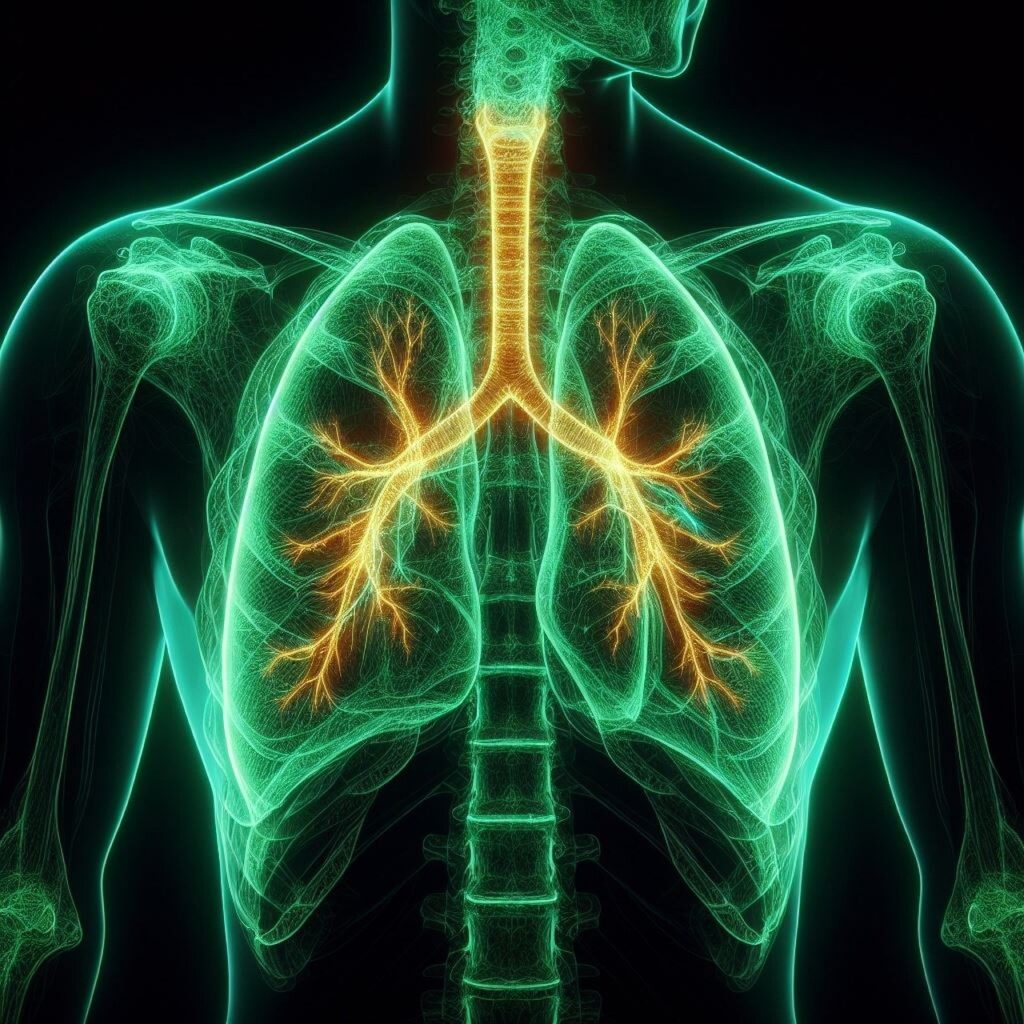Living or traveling at high altitudes can significantly impact your respiratory system, especially if you have a chronic lung condition like COPD or emphysema. Let’s explore how elevation affects your lungs and what you can do to manage these effects.
How Elevation Impacts Breathing
As you ascend to higher elevations, the air pressure decreases, making it harder for your lungs to take in oxygen. At sea level, the air pressure is about 760 mmHg, but at 8,000 feet (common for many mountain towns), it drops to around 565 mmHg. This means:
- Less oxygen per breath: The air contains the same percentage of oxygen, but each breath delivers less oxygen to your lungs.
- Increased breathing rate: Your body compensates by breathing faster and deeper.
- Greater strain on the lungs: This extra work can be particularly challenging for those with lung conditions.
Effects on People with Chronic Lung Conditions
For individuals with COPD, emphysema, or other chronic lung diseases, the challenges of high altitude can be more pronounced:
- Increased shortness of breath
- Heightened risk of exacerbations
- Potential need for supplemental oxygen
- Decreased exercise tolerance
Managing Your Lung Health at Higher Elevations
If you have a chronic lung condition and plan to visit or live at high altitudes:
- Consult your doctor: Discuss your travel plans and any necessary adjustments to your treatment plan.
- Acclimate gradually: If possible, ascend to higher elevations slowly to allow your body time to adjust.
- Stay hydrated: Higher altitudes can lead to increased fluid loss through respiration and perspiration.
- Monitor your oxygen levels: Consider using a portable pulse oximeter to keep track of your oxygen saturation.
- Be prepared: Ensure you have ample medication and, if prescribed, portable oxygen.
- Know your limits: Pay attention to your body and rest when needed.
- Consider prophylactic medication: Some doctors may recommend medications to help prevent altitude sickness.
Final Words
While elevation can pose challenges for those with lung conditions, proper preparation and management can help you navigate these issues. Always prioritize your health and consult with healthcare professionals before making significant changes in elevation.














